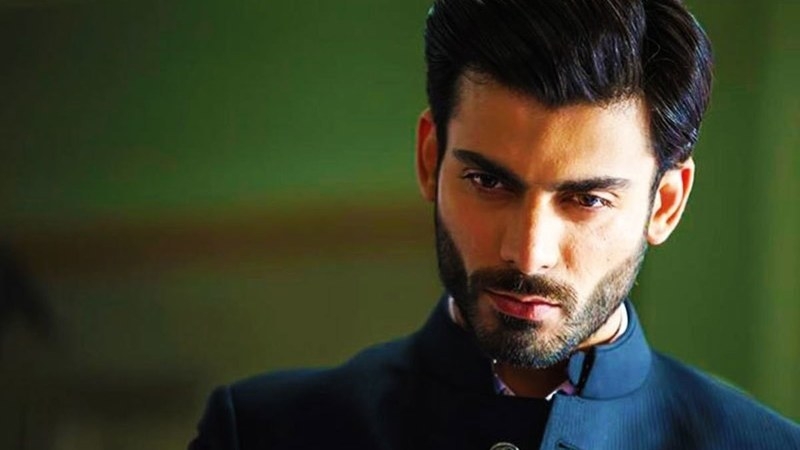Fawad khan: is progressive approach is no more?

In India, the talent from all over the world has always been getting respect, whether it is related to any kind of field. This also applies to Pakistani artists. Although these artists, whenever they are in India, they exhibit a very progressive thinking, but their reality is seen in Pakistan. Fawad Khan, the popular Pakistani actor in India, is the latest example.
The Lahore district administration has registered first investigation reports (FIR) against six individuals including famed actor Fawad Khan for allegedly refusing to let children of their families be immunised by polio vaccination teams in Lahore, it emerged on February 20, Wednesday.
The FIR against Khan has been registered over "polio refusal" on a complaint of a union council monitoring officer (UCMO). It has been registered under Sections 269 (negligent act likely to spread infection of disease dangerous to life), 270 (malignant act likely to spread infection of disease dangerous to life), 506 (punishment for criminal intimidation), 186 (offence of obstructing public servant in the execution of public duty) and 188 (disobedience to order duly promulgated by public servant) of the Pakistan Penal Code.
Prime Minister of Pakistan’s Focal Person for Polio Eradication Babar Bin Atta on Wednesday said as per the deputy commissioner (DC) of Lahore, the polio team had tried to vaccinate Khan's daughter on Tuesday. In response to a question regarding the matter on Twitter, Atta said Khan's driver had allegedly misbehaved with the team after which the family members did the same.
The pseudo-religious scholars of this country are against it since the campaign is funded by international donors. They have made up conspiracy theory against polio vaccination drive that the purpose of this campaign is to sterilize people in order to control the population growth of Pakistan and that the sinister campaign is being funded by the evil country—the United States of America.
Despite significant progress elsewhere in Pakistan, polio has risen in the militancy-hit northwestern province of Khyber Pakhtunkhwa. In North Waziristan and South Waziristan, tribal areas where the Taliban this summer banned vaccinations in response to U.S. drone strikes, the inoculation teams have no access to 210,000 children. An additional 40,000 in risky frontier zones near the Afghan border also are out of reach. Pashto speakers have accounted for 85 percent of the nation’s polio cases in the past three years, officials report. These include transients from the tribal region who relocate to enclaves here — and in other cities, such as Karachi — bringing the virus with them. (Afghanistan and Nigeria are the only other two countries where polio is endemic.)
The unmonitored movement of people across the border between Pakistan and Afghanistan threatens efforts to eradicate polio from the two countries, as the year’s first cases of the virus are recorded in the volatile region.
The Global Polio Eradication Initiative said people travelling through unchecked crossings is believed to be one of the main causes of the spread of the disease in the area.
In January 2019, the year’s first case of the wild poliovirus in Pakistan was reported by the Bajaur Agency in the country’s federally administered tribal area, bordering Afghanistan. The virus was also found in the border towns of Balochistan and Khyber Pakhtunkhwa provinces.
Pakistan's polio problem can be a concern for India. India has a long border line with Pakistan and the full fear of spreading it from contact. At the same time, India also needs to stay away from imported people with such a mentality, which provide support directly or indirectly to spread the problem.